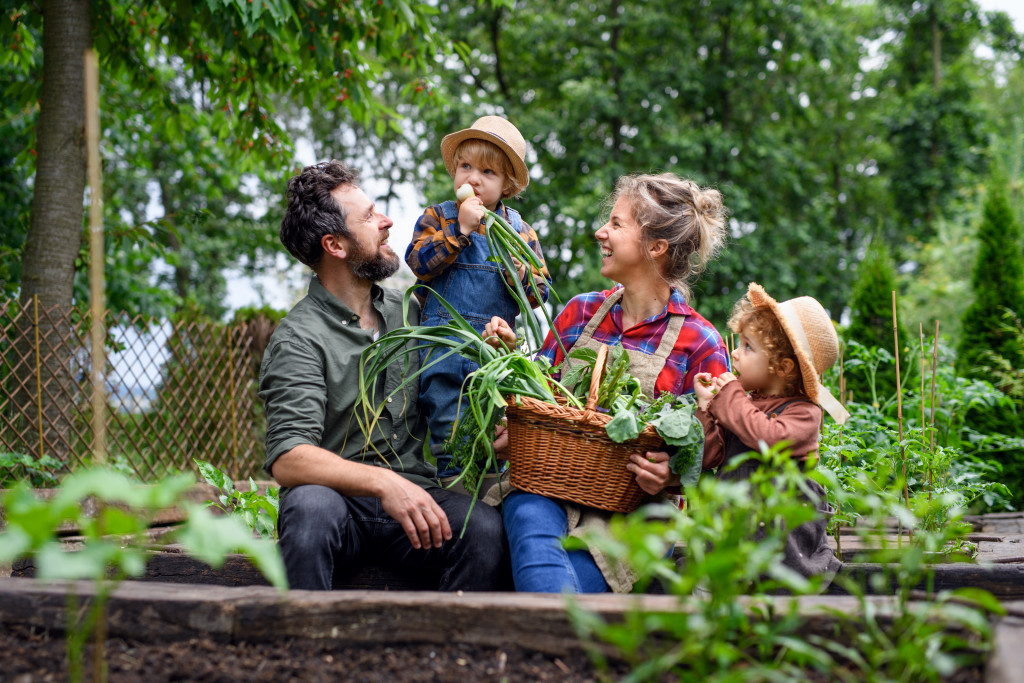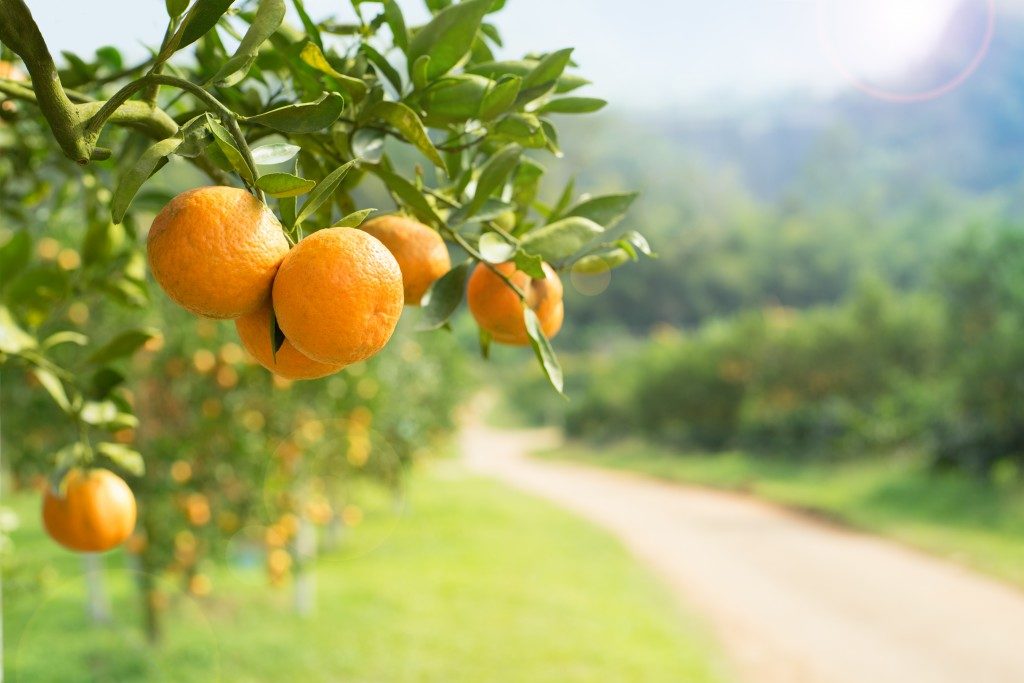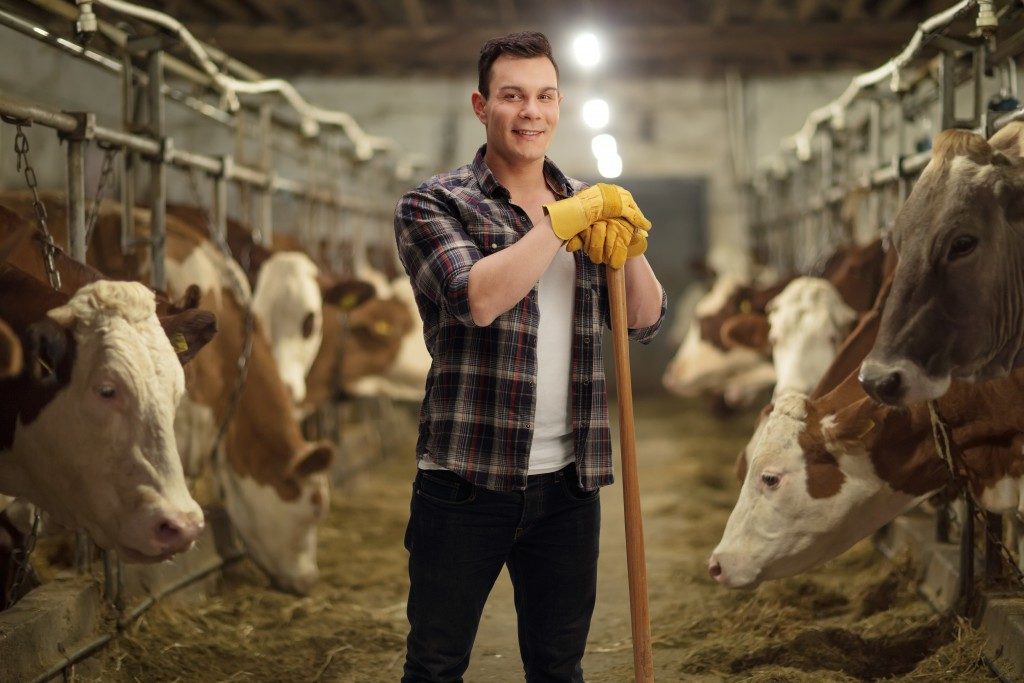- Small farms can offer numerous benefits, including improved mental and physical health, economic advantages, and increased natural access.
- Before starting a small farm, it is essential to consider the available space and local laws regarding agricultural activities.
- Essential equipment for a small farm includes tractors, irrigation systems, fences, tools, and other supplies.
- Marketing strategies such as selling products directly from the farm or hosting educational events should be implemented to ensure success.
Small farms have become increasingly popular as more people strive to create sustainable lifestyles. Opening a small farm can benefit the owner, from improved mental and physical health to economic advantages.
One of the most immediate and obvious advantages of owning a small farm is the health benefits that come with it. Studies have shown that having access to nature reduces stress levels, improves moods, and increases overall psychological well-being. Additionally, working on a small farm requires physical effort. It thus leads to increased physical activity levels which can reduce the risk of cardiovascular diseases and other health issues associated with an inactive lifestyle.
Another benefit of owning a small farm is the potential for economic gains. The cost of food production can be expensive if done on a large scale, but if done on a smaller scale, such as on a small farm, one can save money while still achieving the desired result. You can invest in small business opportunities on the farm, such as selling produce or hosting educational events.
However, running a small farm is not an effortless task. Before embarking on this journey, it’s essential to consider a few critical steps to get your venture off the ground.
Identify What You Can Do on Your Land
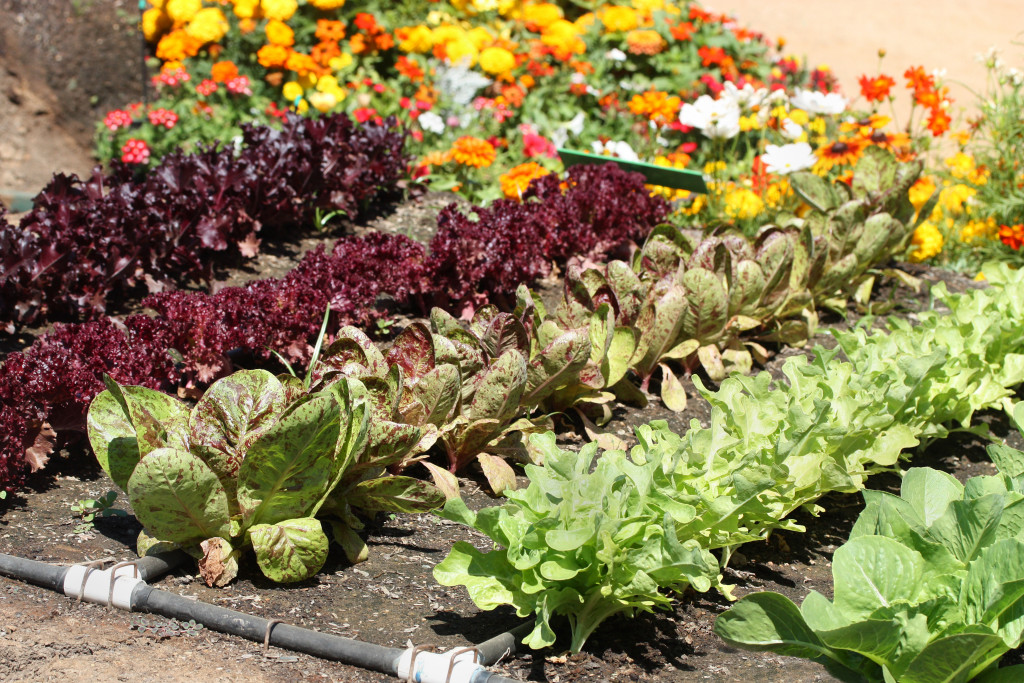
When creating a small farm, it is essential to consider the available space and how you plan to use it. Depending on the size of the land, you may have more or fewer options when it comes to what you can do. A larger plot of land may allow for more diverse activities, such as livestock raising, crop cultivation, and even sales. On the other hand, a smaller piece of land may restrict certain activities that require more space.
Before you start any activity on your farm, you can and cannot do it by local laws. Many municipalities have zoning restrictions that limit certain types of agricultural activities. It is also essential to consider whether permits are required to operate a business from your farm or sell products directly from your property.
In addition to considering what activities are allowed on your property, evaluating which crops will grow best in your climate and soil conditions is essential. Knowing which plants are suitable for the environment will help ensure maximum yield and make it easier for farmers to determine how much product they should produce each season. Understanding your local market’s needs can also help inform decisions about the most profitable crops for the small farm owner.
Get the Essential Equipment and Supplies
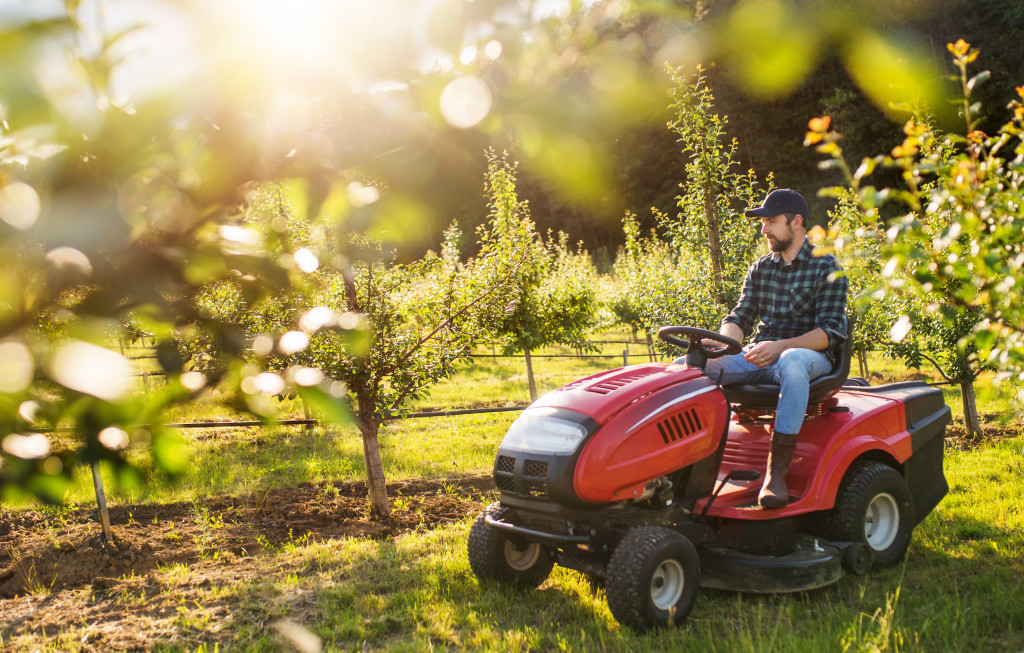
When running a small farm, having the right equipment and supplies is essential. Without them, managing the land and maximizing yield can be challenging. Equipment and supplies for a small farm will vary according to individual needs and preferences, but there are some essentials that all farmers should consider.
Tractors
Tractors are essential pieces of equipment on a small farm. They can be used for various tasks, from plowing fields to hauling items around the property. They are also great for tilling soil and transporting items from one place to another. Investing in a high-quality tractor that meets all your needs will help ensure long-term success on your farm. If it is too expensive for you, consider getting used farming tractors for sale to save on costs.
Irrigation Systems
An irrigation system is critical to growing crops or plants on your small farm. It allows farmers to keep their crops watered without spending time manually watering each plant every day. Several types of irrigation systems are available, so it’s essential to research and finds one best suited to your needs and budget.
Fencing
Fences protect from predators while providing animals with safe boundaries on the property. They come in various types, including electric fences and barbed wire options. Electric fences are beneficial for raising livestock on your farm since they provide a more secure barrier than traditional walls.
Tools and Other Supplies
Tools such as shovels, spades, rakes, hoes, etc., are indispensable for any farmer’s toolbox. Additionally, other supplies such as twine, wire cutters, water tanks, or barrels can come in handy depending on what activities you plan to do on your small farm. These readily available tools and supplies will help make farming much more accessible and increase efficiency.
Offer Marketing Strategies
Finally, once you have the essential equipment and resources, it’s time to think about marketing your products. You may sell your products directly from the farm or at local farmers’ markets. Offering educational events or workshops on the farm can also be a great way to bring in more customers. Social media platforms such as Instagram and YouTube can help you reach a wider audience and show potential customers what your small farm offers.
Final Thoughts
Following these steps and doing thorough research, you will be well-equipped to start your small farm and experience its benefits. Dedication, patience, and hard work can make you a successful small farmer!

